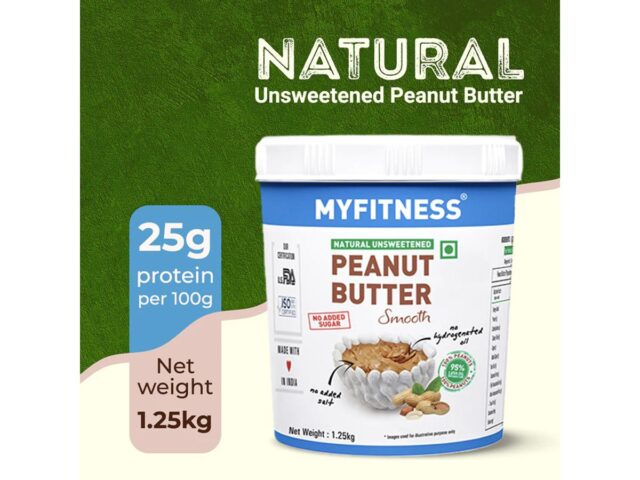If your goals are weight loss and weight management, add nutrient-dense foods to your plate. Rich in minerals, vitamins, protein, healthy fats and other essential nutrients, nutrient-dense foods help in creating a balanced meal. The key component in a sustainable weight loss diet is balanced meals. Nutritional meals are also low in saturated fats, artificially added sugars, sodium, etc.
Ensuring you include whole foods, lean protein, a variety of vegetables and fruits in your diet will help you make healthier dietary choices and stick to your fitness goals. To know more, here are the best ways to incorporate nutrient-dense foods in your diet.
7 Ways to boost meals with nutrient-dense foods
1. Opt for healthier alternatives
Small changes or shifts in your diet can make a huge difference. Swapping unhealthy choices with more nutritional foods can help you boost your meals with nutrient-dense foods and create a balanced meal loaded with all the essential nutrients.
For example, you can swap sugary toast spreads with peanut butter. While peanut butter is a calorie-dense food, it offers a variety of health benefits like healthy fats, a decent source of protein, and other essential nutrients.
You can also switch regular store-bought, dairy butter or margarine with peanut butter. Store-bought butters and margarines are usually high in saturated fats. Instead of normal butter, spread a thick layer of peanut butter on a whole grain toast.
iDiva recommends: Natural Peanut Butter Smooth by MyFitness
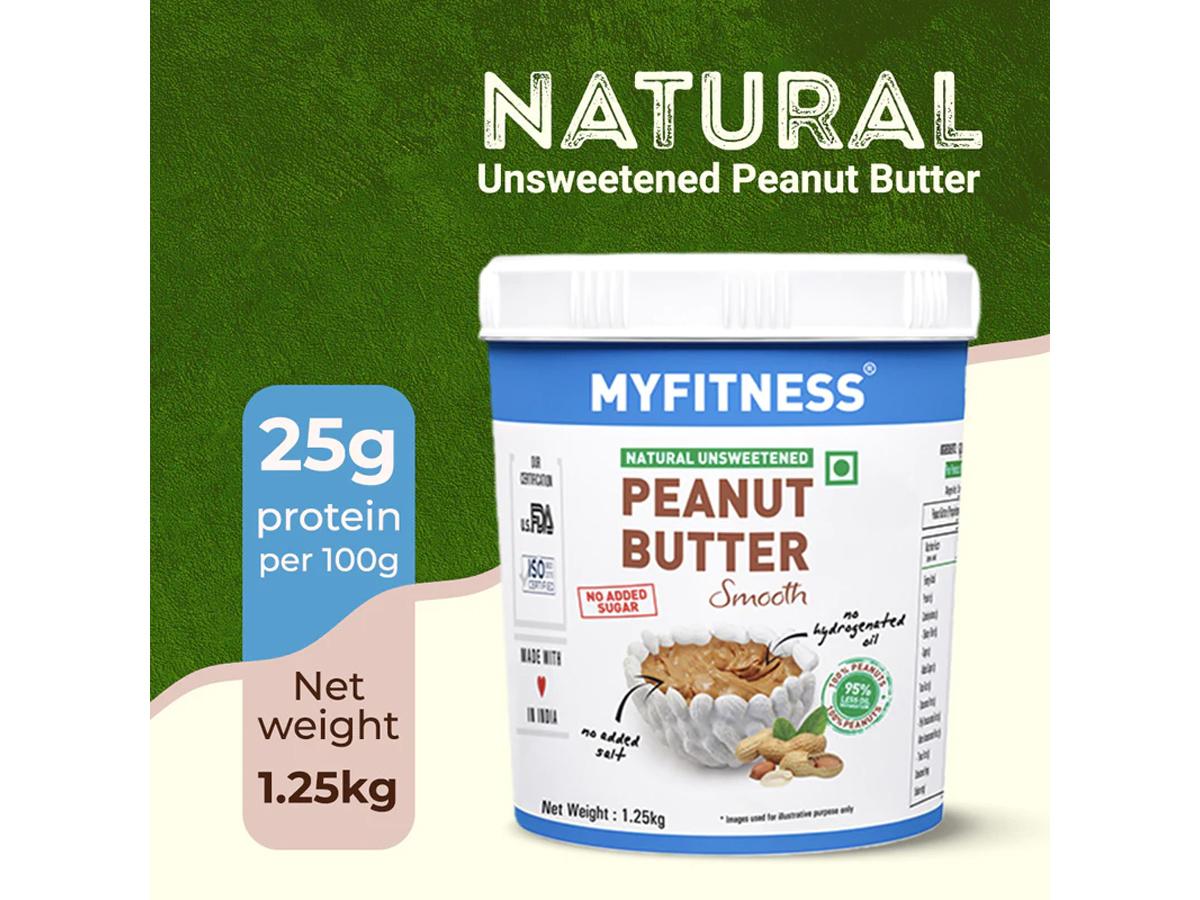
Credit: iStock
Loaded with 25 grams of protein per 100 grams, the smooth peanut butter by MyFitness is perfect for your breakfast toast and evening fruit cup. The natural flavour of peanut butter will amplify the taste as well as the nutritional value of your meals multifold. The peanut butter is created without any artificial sweeteners and preservatives.
Price: INR 649
Buy it here
2. Eat different colours
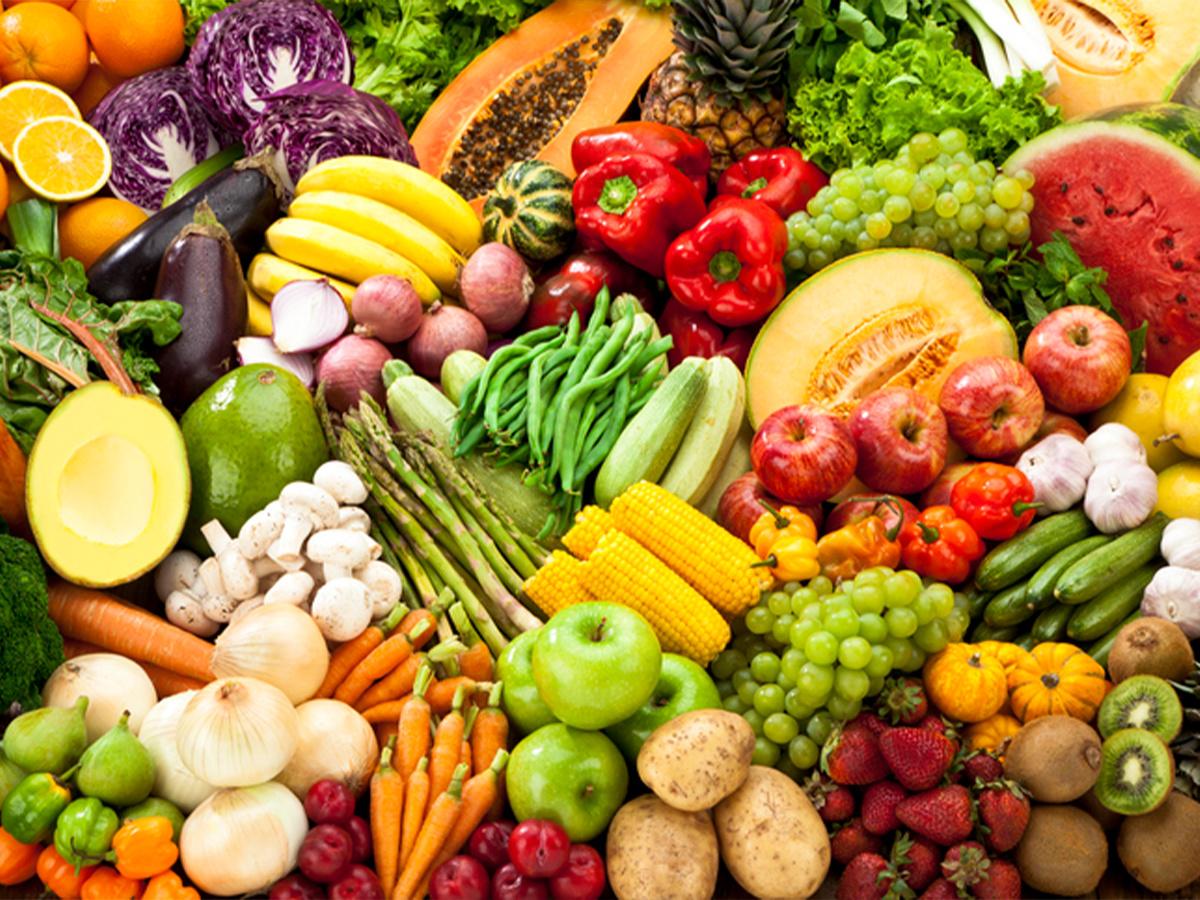
Credit: iStock
Including a wide array of colours in your diet signifies the importance of eating different fruits and vegetables that carry diverse nutrients. One of the best ways to boost your meals with nutrient-dense foods is to include seasonal vegetables that not only offer essential nutrients but also fortify your immunity in different weathers.
Eating colourful, local and seasonal vegetables provide a broad range of nutrients that can help you make healthier food choices.
3. Add healthy fats to your diet
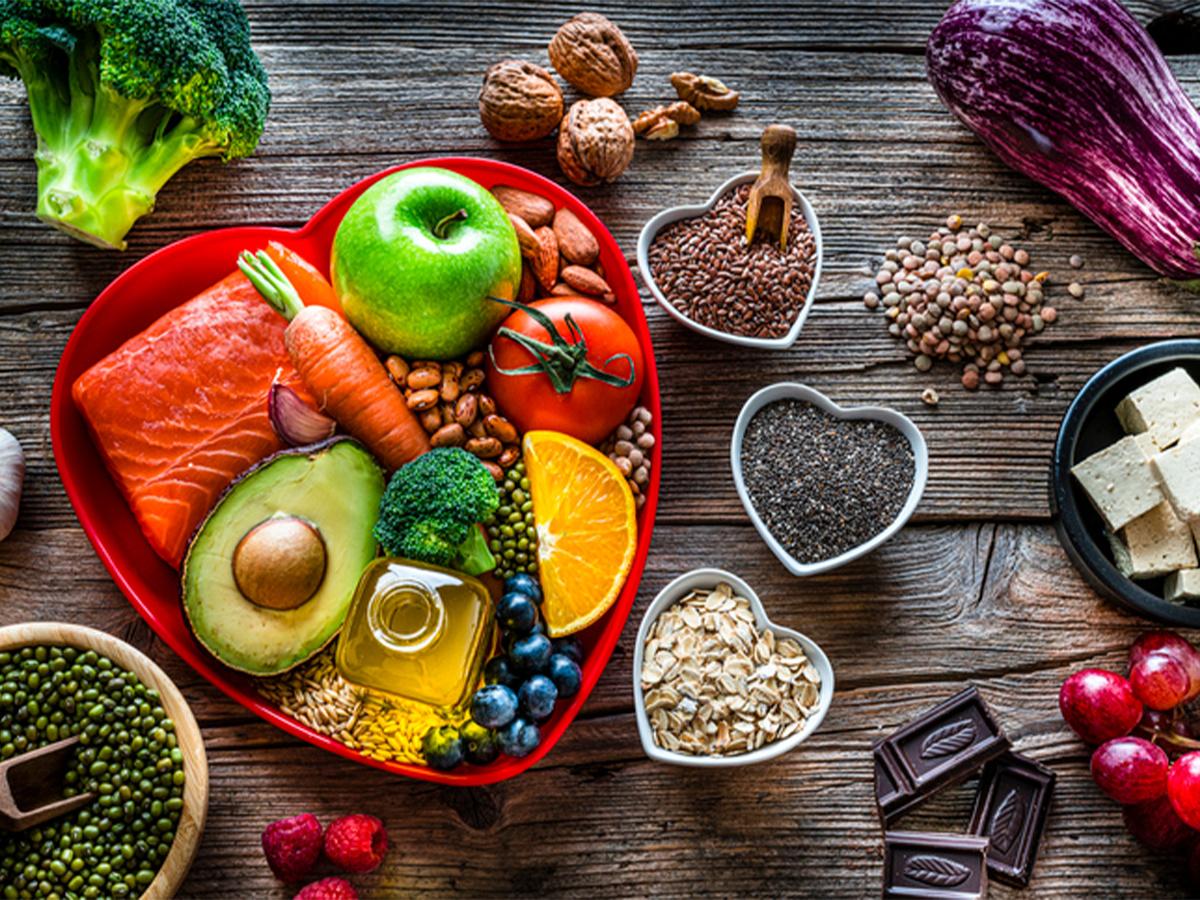
Credit: iStock
Forget the old diet trope of eliminating fats from your weight loss diet. It is a myth that fats lead to fat gain in the body. Healthy fats from whole foods like avocados, fatty fish and olive oil not only increase satiety or the feeling of fullness but also offer several health benefits that could help you stick to your fitness goals. Eliminating fats from foods also removes the flavour and nutrition.
Several vitamins and minerals are fat soluble, which means they are best absorbed in the body where there is a decent presence of fats. Hence, adding fats to your diet can not only help you make nutritional meals but also help in absorbing essential nutrients in the body.
4. Prioritise whole foods and avoid highly processed foods
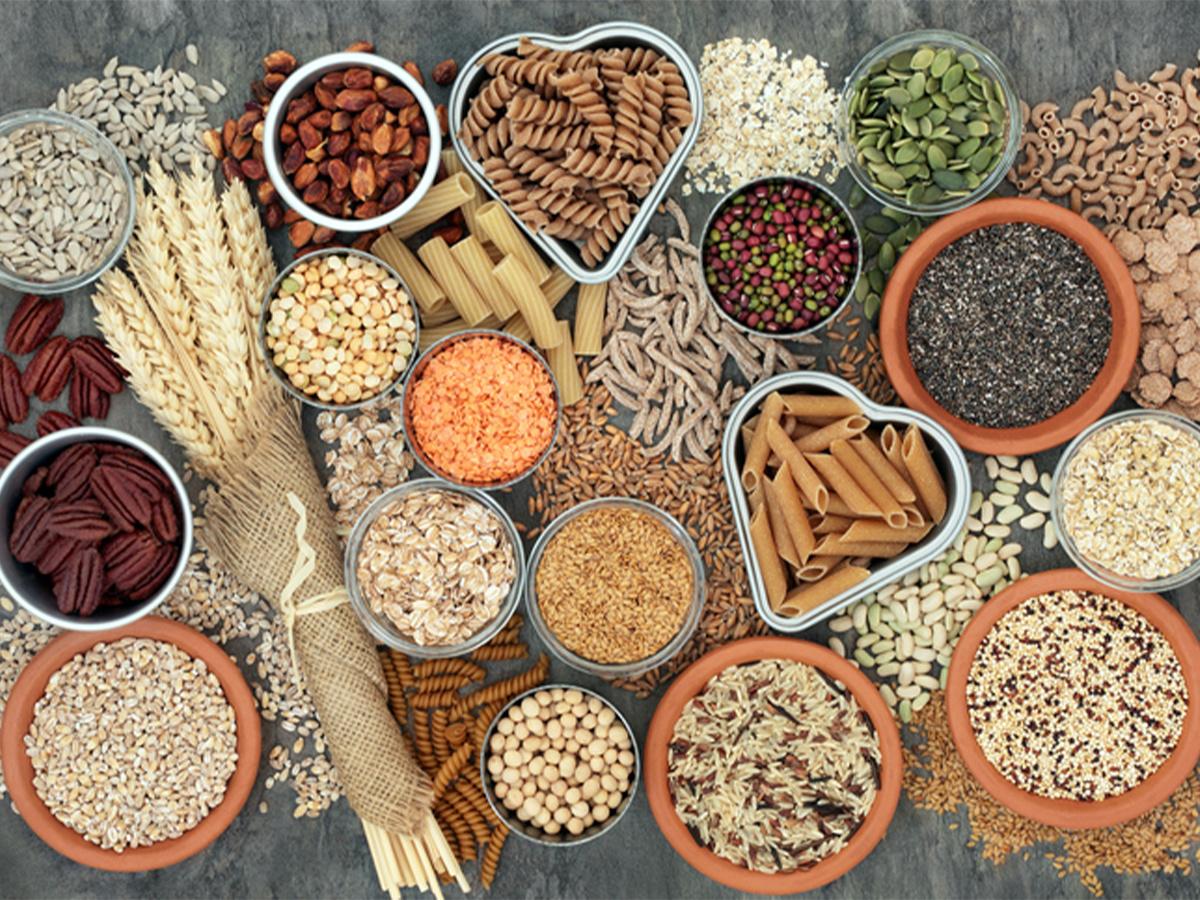
Credit: iStock
Opt for whole, minimally processed foods over the processed and refined foods. Choose whole grains like quinoa, brown rice and wheat pasta over the refined counterparts. Whole foods retain more of natural nutrients, making it a better source of essential vitamins, minerals and other nutrients needed to achieve a balanced meal. They also promote better digestion, thereby, overall health.
Processed foods, especially with a tag of low calorie, tend to offer little nutritional value and lots of empty calories. Replacing processed foods with whole foods could help you avoid those empty calories.
Build your diet solely on the foods that provide essential nutrients. One of the ways to do that is to avoid highly processed foods like processed meats, instant noodles, sugary beverages, refined vegetable oils, margarine, store bought-cookies, cakes and pastries, granola bars, ice creams, etc.
5. Snack smartly

Credit: iStock
Most of us make a mistake by choosing unhealthy snacking options whenever we get hungry between our primary meals. On a daily basis, we receive a significant portion of energy (calories) from the snacks we consume.
Traditionally, popular snacks included chips, cookies, crackers, biscuits, etc. These were loaded with artificial sugars, saturated fats, sodium, etc. Instead of these snacks, it is better to opt for crunchy vegetables with a yoghurt-based dip.
You can also consume a trail mix prepared with nuts and seeds. If you want to eat something sweet, you can choose fruit instead of cookies and biscuits.
6. Include legumes in your diet
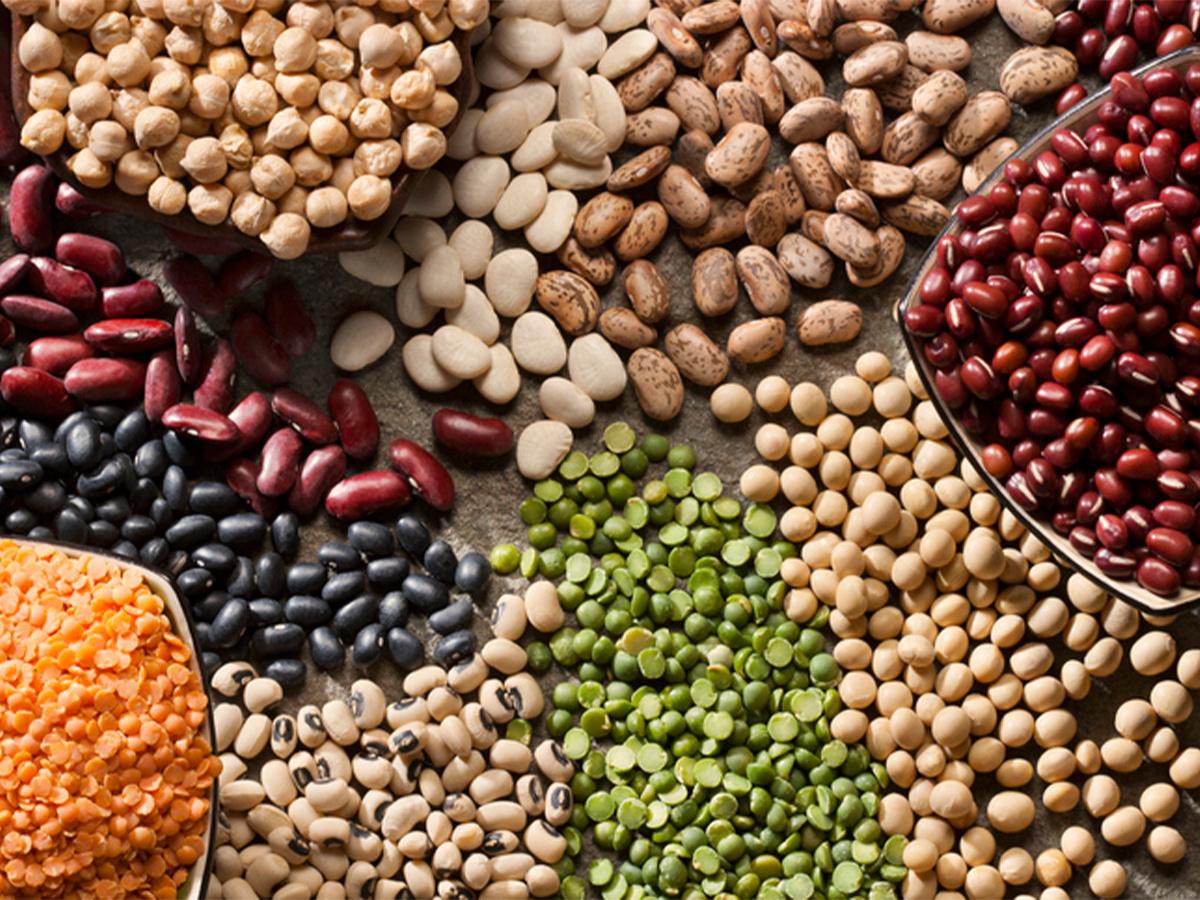
Credit: iStock
While preparing soups, stews or salads, ensure to include legumes like beans, lentils or chickpeas. These legumes are an excellent source of macronutrients like carbs, plant-based protein, fibre and other essential micronutrients.
Carbs give energy and are the body’s preferred source of fuel. Your protein need depends on a number of factors like age, physical activity level, health conditions etc. The best sources of protein include meat, fish, poultry, dairy, tofu, tempeh, legumes, edamame, etc.
If you rely on a plant-based diet, legumes become one of the main sources of carbs and protein. Adding them to dishes like soups and salads or enjoying them with savoury dishes will help you achieve your nutrition goals.
7. Stay hydrated

Credit: iStock
Drinking at least eight glasses of water a day is essential for staying hydrated and for repairing the body’s wear and tear. If you tend to drink sugary sodas and beverages on a regular basis, replace them with normal water.
Sugary drinks are packed with empty calories and artificial sugar. They increase our sugar intake manifold. You can add flavour to your water by infusing it with fresh fruits, veggies or herbs. You can try combinations like mint and cucumber, lime, lemon and berries, etc.
Social and lead images credits: Instagram/janhvi/kapoor and Instagram/aliaabhatt

